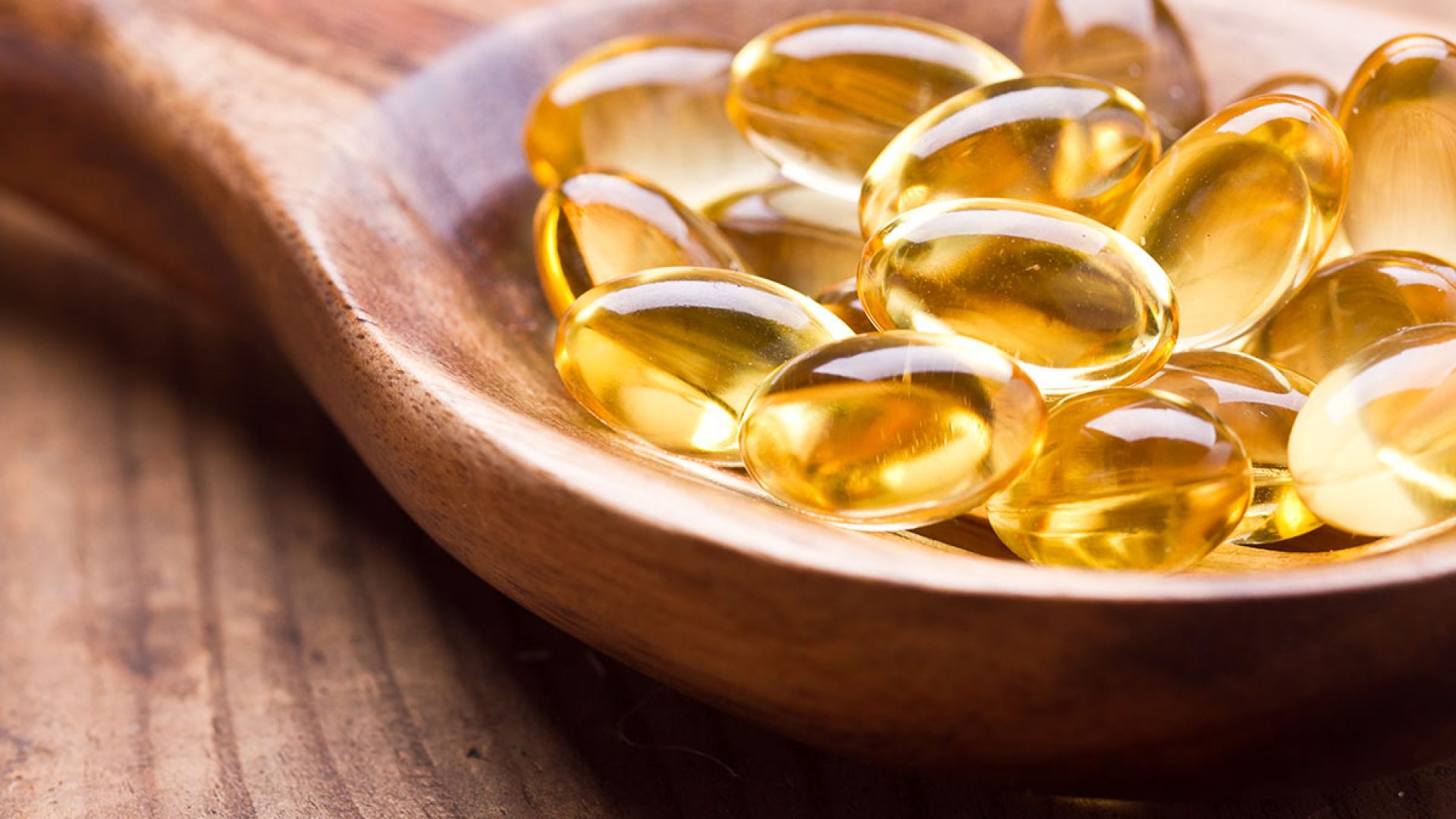Learn about brain health and nootropics to boost brain function
The Best Supplements For Memory Loss, Say Dietitians

Shutterstock You get ready to leave the house, and you suddenly forget where you last placed your car keys. Or maybe it slipped your mind to pay your latest utility bill.
Although it can be frustrating in the moment, these instances of forgetfulness are most likely just a normal part of age-related memory loss .
Everyone’s brain changes as they get older, which is why it’s important to get the right nutrients on a daily basis. This can either happen through your diet , with supplements you take, or both.
We talked with a few dietitians to get their recommended supplements to take for memory loss as you age. Continue reading to find out what they say, and for more age-related health tips, check out The #1 Best Supplement if You Have Heart Disease . Shutterstock Fish oil is one of the most popular supplements to take for boosting your memory and fighting age-related memory loss. According to Trista Best, MPH, RD, LD, a registered dietitian at Balance One Supplements , “the brain requires omega-3 fatty acids to make nerve cells, which are vital to memory and one’s ability to learn, so it has been found that fish oil can help prevent cognitive diseases and slow mental decline.”
Best says it’s also possible to get omega-3 fatty acids through the food you eat. Foods like fatty fish, walnuts, and chia seeds are high in omega-3s, but a supplement may come in handy if you don’t consume these foods often. Shutterstock Vitamin B12 is necessary for your body’s formation of cells, and a deficiency in this vitamin can lead to anemia, muscle weakness, extreme fatigue, and trouble focusing.
While many people are deficient in this vitamin, especially those who don’t consume animal products or fish, your chances for deficiency increase with age because your body has a harder time absorbing the vitamin .
“A severe vitamin B12 deficiency can cause memory loss, disorientation, and an overall decline in mental abilities, so supplementing this vitamin can be very helpful,” says Paula Doebrich, MPH, RDN , a registered dietitian at Happea Nutrition . Shutterstock Choline is a crucial nutrient that your body needs for cognitive function , and while your body can make some choline in your liver, it’s important to still get choline from food or supplements.
Unfortunately, Lauren Manaker, MS, RDN, LD a registered dietitian for Zhou Nutrition says that Americans aren’t getting nearly enough of this valuable nutrient.
“One of choline’s main roles is to produce acetylcholine, a neurotransmitter that plays a role in memory regulation, and data shows that intake of this nutrient is linked to a reduced risk of developing Alzheimer’s disease,” says Manaker.
You can find choline in many types of meat, fish, and nuts, but you may want to talk with your doctor about possibly needing a supplement as well. Shutterstock Rhodiola rosea is a flower that you probably haven’t heard of before. While this plant usually flies under the radar, it is known to have many brain-boosting qualities when consumed.
” Rhodiola rosea has been shown to offer memory support in some preliminary data, and it has anti-inflammatory and antioxidant effects, which may be reasons why it supports brain health,” says Manaker.
In a report from Aging & Disease , Rhodiola rosea was found to possibly help with age-related diseases, but more research still needs to be done. Bacopa Monnieri is another plant that researchers are learning may have memory-boosting benefits when consumed.
“This nootropic herb is found in many brain health-supporting supplement blends thanks to its antioxidant effects, and it may support brain function in a natural way,” says Manaker.
In fact, research from Psychopharmacology found that Bacopa Monnieri helped to improve memory and cognitive function in healthy adults after 5- and 12-week checkups.
If you’re interested, you can find it in tea form, as a pill, or in powder form as well.